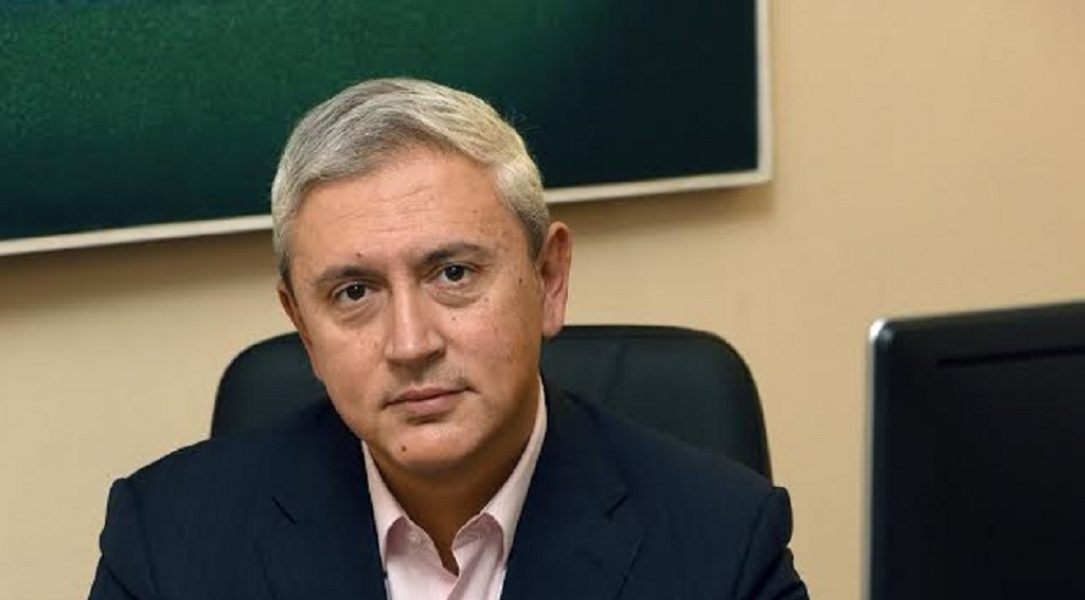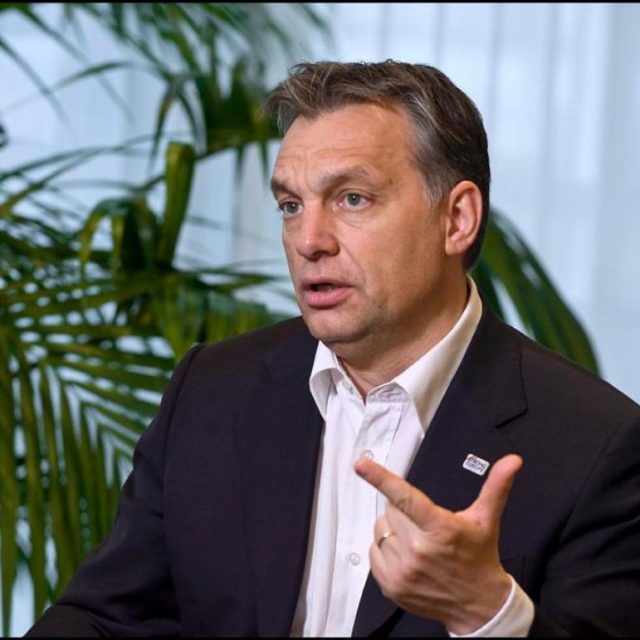The current public health crisis is causing EU member states to close their borders and distance contact with neighbouring countries. But Counter-intuitively, Dr Vladimir Krulj argues that we must not forget the long term objective of greater integration between the EU and its neighbours. The European Union is the “most successful experiment in international cooperation in modern history”, and it should be cherished.
Integration is the process where candidate countries need firstly to embrace and then to implement wide range of criteria related to its political, legal, economic, social and cultural sectors in order to comply with EU standards
The integrity of the EU on the other hand relies primarily on the rule of law, freedom of the press, and respect for human rights and civil liberties, underpinned by democratic institutions.
But what happens if in one or more member state these pillars deteriorate? What happens when a member state such as Hungary which joined the EU back in 2003 is today ranked among “20 worst societies that have consistently declined over the last 10 years” and is described as only “partly free” by Freedom House in its latest report?
Or Croatia, currently the President of the EU Council. According to many analysts, independent think tanks and the international business community one may in Croatia today witness the impact of local tycoons on its judicial system forcing some international investors to completely reconsider their investment in Croatia.
This is being caused by an increasing burden of red tape, imposition of unnecessary bureaucratic barriers and interference in the rule of law and independence of the courts, forcing investors to devote time and effort to resolve these artificial difficulties. It remains to be seen whether Croatia’s newly elected president, an experienced and proven pro-European politician can do something about the situation. If he succeeds, would this mean that the integrity of the EU will ultimately rely on strong leaders and their impact? In the case of Hungary, to the contrary the impact so far has unfortunately been negative.
The situation in Croatia has had a further impact on neighbouring countries and their attitude towards EU integration. If integration is simply treated as a means to the end of obtaining EU funds and not a strategic national goal then no serious benefit will be obtained. Neither for citizens of the applicant countries nor for the EU.
In such a scenario only Chinese and Russian investors and local tycoons are likely to gain. Whilst we are all currently fighting an altogether different global public health battle, this may nonetheless be a good time to refocus our efforts to strengthen the core pillars of the integrity of the European Union, and reinforce the role of the EU institutions. Integration “per se” is not the final objective for any applicant country, as it will never guarantee a sustainable democratic process. As has happened many times in the past, the EO and its neighbours can look to North America for solidarity to promote such an agenda.
The author, Vladimir Krulj is an Economic Fellow of the Institute of Economic Affairs (IEA), London




